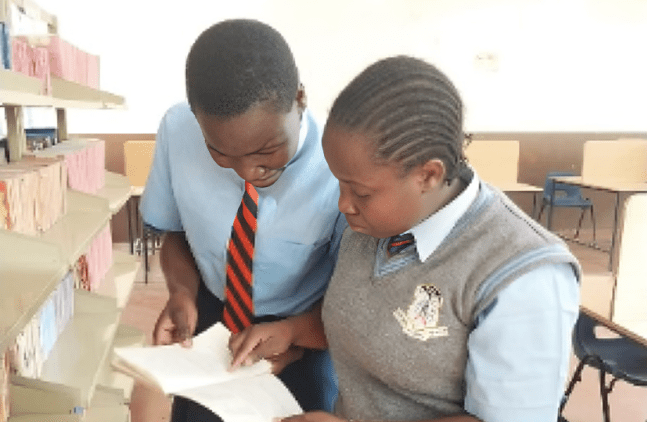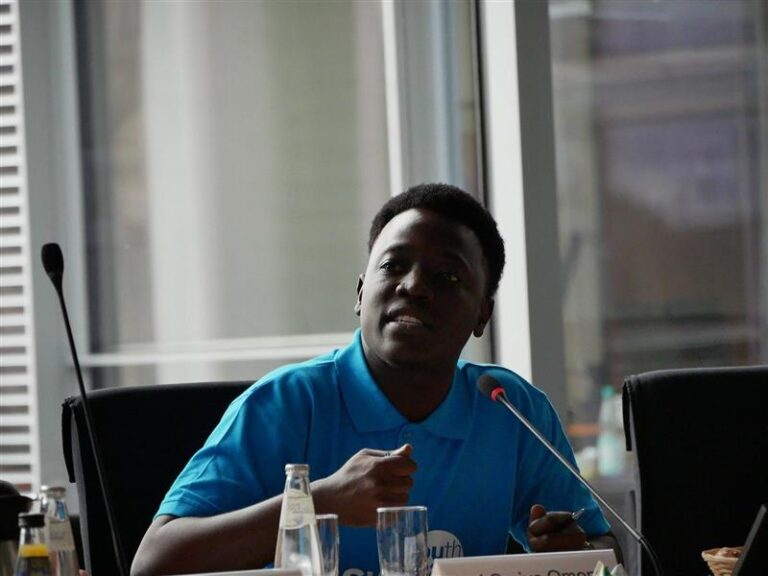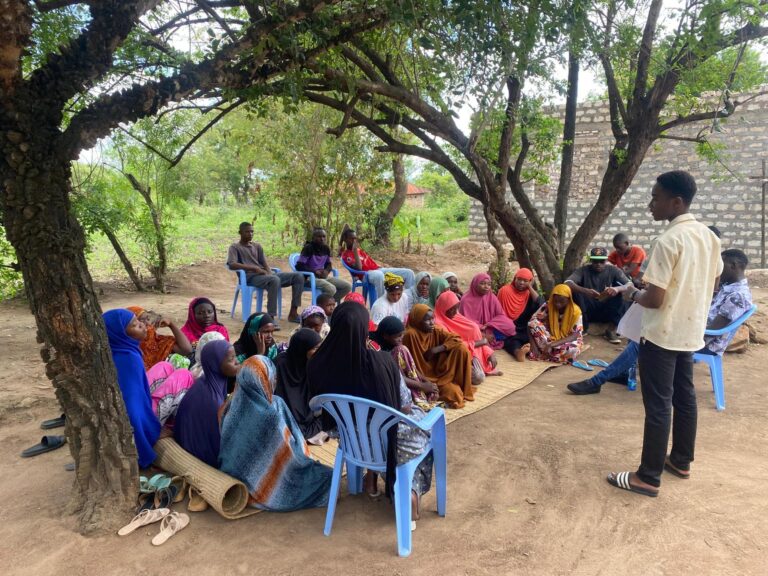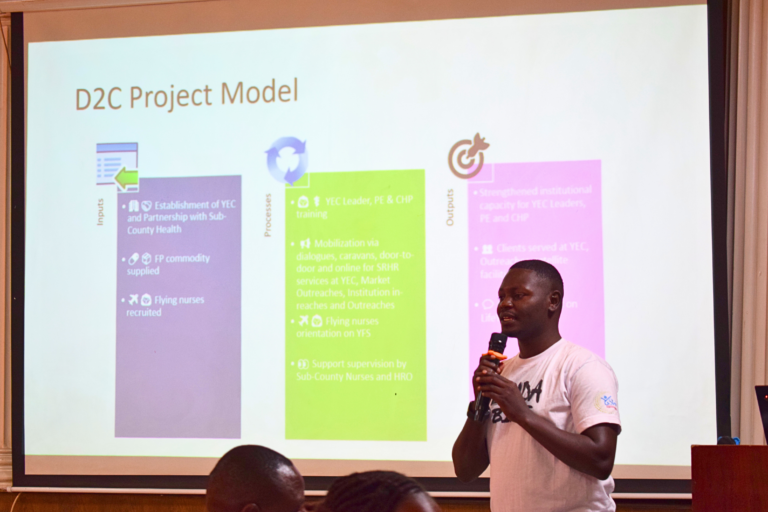How peer educators are leading the charge for girls’ empowerment
Before her involvement with Youth for A Sustainable World, Samantha *17 was known for being quiet and reserved. She usually sat through class without saying much, unsure of how to express herself or raise issues affecting her and her peers.
“I always felt like I had something to say, but I didn’t think my voice mattered,” she shares.
This mindset began to shift in early 2024 when she was selected to attend a five-day peer educator training organised by YSW. The training aimed to build adolescents’ capacity in life skills for reproductive health and leadership. For Samantha, this was her first time participating in such a space, and it opened her up to new ideas and personal possibilities.
“I remember the first day of training. I could barely introduce myself without my voice shaking,” she recalls with a smile. But by the end of the five days, she had not only gained knowledge but also belief in herself. The sessions were participatory and youth-friendly, facilitated by trained mentors and staff from YSW and the Ministry of Health. With encouragement and continued mentorship, Samantha returned to school with a clear goal: to create a safe, welcoming, and informative space for learners to talk and learn about the issues they faced.
With the support of her teachers and her fellow peer educators, they founded the Linda Binti Club at Ruaraka High School. The club was designed as a platform for peer learning, mentorship, and open discussion around life skills and SRHR.
The group started with a handful of learners curious about what the club had to offer. But within a few weeks, more learners began attending, drawn by the openness, relevance of topics, and Samantha’s growing confidence as a leader.
“I started speaking at assemblies and leading group discussions. Each time I did it, I felt stronger,” she says.
One of those learners was Esther, a fellow Form 3 student and class prefect. Although Esther had not participated in the formal Linda Binti training, she became a regular member of the club, sitting in during sessions and later receiving one-on-one mentorship from Samantha.
“I had never thought about topics like informed consent or healthy relationships in the way Samantha explained them,” Esther reflects. “She made us feel like our thoughts and feelings mattered.”
As their friendship and shared purpose grew, the two girls decided to team up.
They used their positions as prefects to speak out boldly on issues affecting girls in the school such as menstrual health, peer pressure, body image, and self-esteem. They co-facilitated sessions, led school assemblies, and started organising small group discussions during break time. They have become a powerful example of peer-led change.
“Samantha showed me that being a leader isn’t just about giving orders it’s about listening, learning, and lifting others up,” Esther says. “Now we support each other. When one of us is tired or unsure, the other steps in. We’re a team.”
The Linda Binti Club now has over 50 active members and has reached more than 400 learners through structured weekly sessions and school-wide awareness forums. The club operates as a key learner-led platform within the school’s extracurricular program. It has become a safe space where learners can ask questions, challenge harmful norms, and support one another without judgment.
Their teacher, Madam Imbisi, notes, “The change in Samantha is incredible. She is no longer the quiet girl in the back. She’s a leader. She’s built something meaningful and lasting for this school. And seeing Esther grow alongside her has been equally inspiring.”
Madam Imbisi further notes that since the Linda Binti inception, their school has reported zero Teen pregnancies.
In January 2025, both Samantha and Esther were elected to higher learner leadership roles, amplifying their influence across the school. They now advocate for learner needs at decision-making levels in the school, ensuring adolescent girls in particular are represented and heard. Their combined skills have made them trusted role models.
“One of the girls told me she finally went to a health facility for help because of something she learned in our session,” Samantha says. “And another said she spoke up about being uncomfortable in a relationship for the first time,” Esther adds. “These moments remind us why we do this.”
Looking ahead, Samantha and Esther are thinking about how to make their peer learning sessions more engaging and sustainable. They want to co-create short videos and interactive games to support club sessions and explore ways to connect with other schools.
“Sometimes learners switch off during long talks. But games and videos? They help make learning fun and real,” Esther explains.




